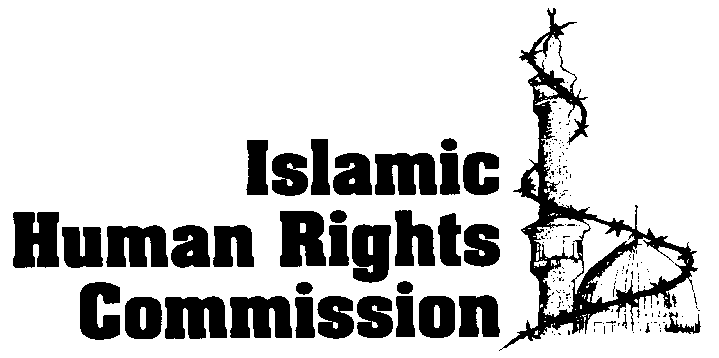08 July 2007
A Response to the report by AWAAZ South Asia Watch, June 2006, ‘THE ISLAMIC RIGHT – key tendencies’
This report by AWAAZ South Asia Watch purports to outline key tendencies in what it terms as the ‘Islamic Right’, and lists the following as the broad themes shared by the listed organizations and groupings (of which the Islamic Human Rights Commission has been named as one):
- a ‘return’ to the salaf, which they claim is the same as the actual early history of Islam as exemplified by the first generations of Muslims, their beliefs and practices; this typically entails rejecting some or all of the entire canon of Islamic historical-legal traditions
- a belief in the imposition of shari’a upon all Muslims, and the added belief that they know what shari’a is, and that their particular version of shari’a is the only correct one
- a deep sectarianism, especially among the salafi tendencies, which often manifests itself in claiming to be able to define who is the true Muslim and who is not
- a belief that only (their favoured) clerics can know, define and interpret the will and intention of God
- the aim to seriously curtail women’s rights, freedoms and liberties, and place women primarily in a domestic and child-rearing role
- a deeply conservative or authoritarian view of the family, gender roles and issues of sexuality
- an inherently undemocratic world-view, moreover one in which other minority rights should be diminished or erased
- a belief in jihad such that jihad is primarily defined as physical fighting (qital), or the use of one’s wealth for the purposes of supporting physical fighting, in the path of whatever is interpreted to be the way of God
- a chauvinism regarding other beliefs, religious or otherwise
- a view of faith and politics as inherently the same and to be mixed together, such that religion is something that has to be regularly politicized
- a belief in the ultimate goal of an Islamic state (and their interpretation of shari’a) as the answer to all of the problems affecting humanity in general and (especially) Muslims in particular.
We do not feel that the above list has any bearing on the work or beliefs of our organization, and question whether many of the other organizations listed indeed also share such views.
The report is deeply inconsistent in its analysis – claiming that these groups attempt to organize or represent South Asians in the UK. This is not an IHRC aim, certainly, and indeed it is well known that IHRC is one of the few Muslim led organizations in the UK that has been since its inception ethnically very diverse. Further it has worked with and has advisors, staff, directors and volunteers from various schools of thought within Islam, including those listed by Awaaz as exemplifying the report’s idea of acceptable and mainstream Muslim tendencies, including, ‘most Barelwi orders, Deobandi sects …, Bohras and Khojas’. Had the report’s author(s) researched IHRC to any extent they would know that, on the issue of South Asia alone (which in itself does not form the core of our work) as well as advocating for all Muslims, IHRC has worked for many minorities in various countries, including religious minorities in Pakistan and various minorities in India, as well as working on gender based violence in various forms in the region.
Further IHRC is not a Muslim specific organization and indeed much of its advocacy work is undertaken on behalf of non-Muslims who approach the organisation. We work in partnership with many organizations of different backgrounds, something the report’s authors should know, as in the past we have referred clients to the Monitoring Group, of which AWAAZ South Asia Watch is a part.
Whilst the overwhelming critique of the report focuses on Wahabbiism (indeed the authors ironically claim to source some of their critique from Hamid Algar, who is in fact an advisor to IHRC), it claims that IHRC is neo-Khomeiniist, and believes in the ‘absolute rule of the clerics’. IHRC has no such position.
We do not feel that we are alone amongst those listed to have been maligned by the report.
This report has seriously damaged the credibility of AWAAZ South Asia Watch and the Monitoring Group and asked us to question what political agenda has driven the writing of this report. Sadly this report simply reiterates the very stereotypes of Muslim and Islam, that all of us involved in struggling for justice should abhor.
———————————————————-
Islamic Human Rights Commission
PO Box 598
Wembley
HA9 7XH
United Kingdom
Email: info@ihrc.org







